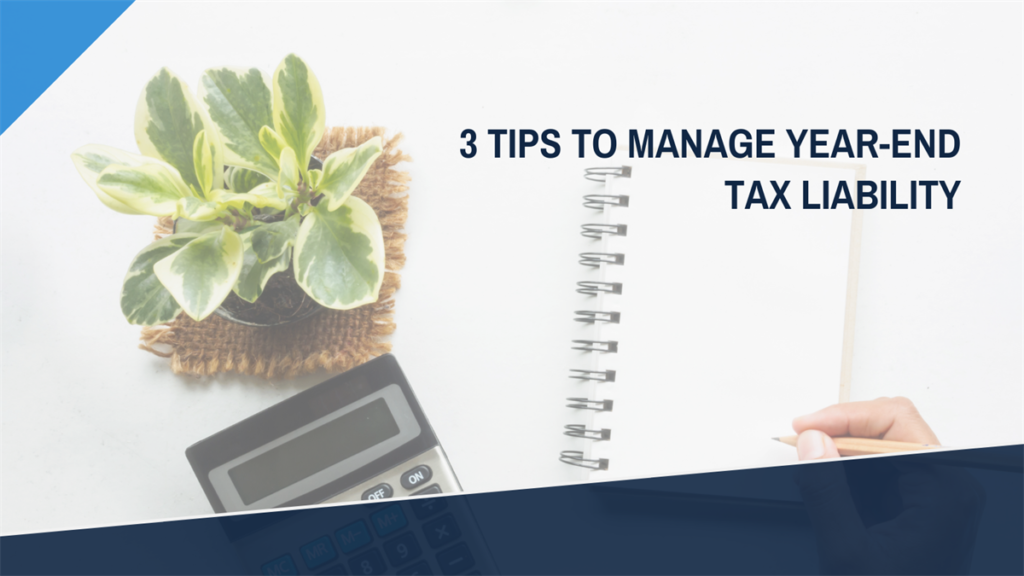

With the end of the tax year fast approaching, you may want to find ways to minimize your tax liability. Implementing one or more of the simple strategies discussed below may allow you to hold on to more of your earnings, potentially grow your wealth, and help lessen the taxes owed on your annual return. Read on, and then contact your financial professional to discuss the best strategies for you.
Beef Up Those 529 Plans
If you have school-aged children or grandchildren with plans for further education, consider contributing more to a 529 education plan. These plans are used for college expenses as well as K-12 private school tuition. The money that you put into the account will grow tax-deferred, and can be withdrawn tax-free as long as it is used for eligible education expenses. Single filers are allowed to contribute up to $15,000 annually and joint filers can contribute $30,000 for both the 2020 and 2021.
Max Out Your 401k Contributions
You have the ability to contribute up to $19,500 per individual to your 2020 and 2021 401k plan. If you are over the age of 50, you can also contribute an annual catchup contribution to help prepare you for retirement. Since all of these contributions are tax-deductible, you could reduce your overall taxable income at the end of the year by contributing as much as possible.
Prepare for Healthcare Expenses
One constant in most people’s lives, especially as they age, is medical expenses incurred throughout the year. If you have a health savings account, you can contribute money to it and withdraw tax-free, as long as it is used for medical expenses. HSAs are not like Flexible Spending Accounts and do not need to be used within the year, so by contributing more, you will be able to reduce your tax liability. For 2020, individuals are allowed to contribute up to $3,550 annually, while couples can contribute $7,100. If you are age 55 or older, you can deposit an additional $1,000 annually into your HSA. That may not seem like much, but every little bit helps, and could help grow your nest egg of non-taxed funds to cover medical expenses.
Consider the tips above to help you tackle your year-end taxes with confidence. Need help with more year-end tips? Contact us today.
Important Disclosures:
The opinions voiced in this material are for general information only and are not intended to provide specific advice or recommendations for any individual. To determine which investment(s) may be appropriate for you, consult your financial professional prior to investing. All performance referenced is historical and is no guarantee of future results. All indices are unmanaged and cannot be invested into directly.
The information provided is not intended to be a substitute for specific individualized tax planning or legal advice. We suggest that you consult with a qualified tax or legal advisor.
LPL Financial Representatives offer access to Trust Services through The Private Trust Company N.A., an affiliate of LPL Financial.
—
Sources:
https://www.investopedia.com/articles/taxes/09/affluent-tax-planning.asp
Content Provider: WriterAccess
LPL Tracking: 1-05078117

